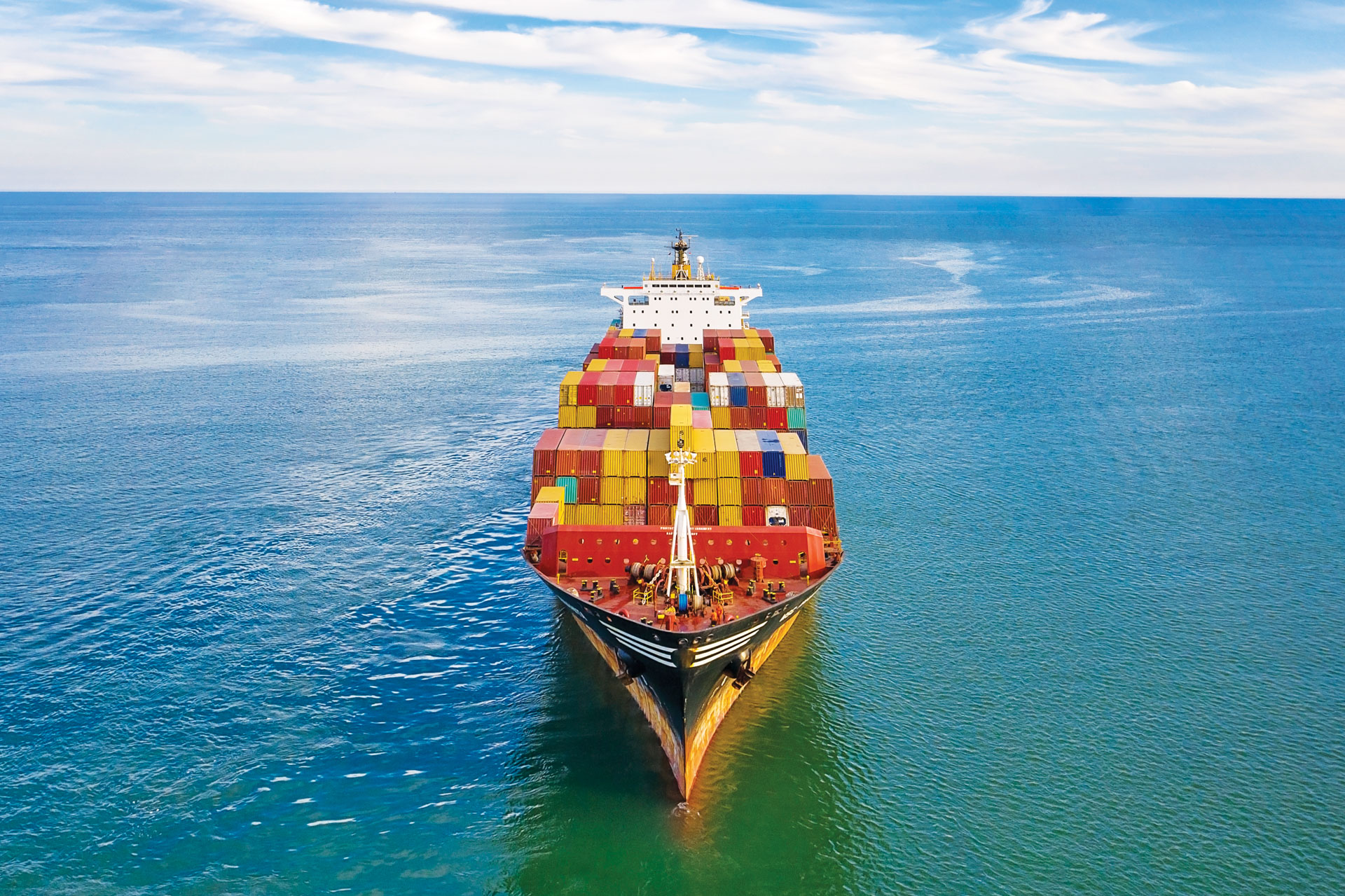In the early 1920s, U.S. politicians passed legislation you have likely never heard of. But whether you are a consumer, producer, motorist or retiree, the Jones Act makes your life less green, less convenient and more expensive.
The original Jones Act of 1920 made it illegal for a ship to transport goods from one U.S. port to another unless all the following requirements were satisfied:
– The vessel flies a U.S. flag;
– The vessel is U.S. built;
– The vessel is U.S. owned;
– The vessel is U.S. crewed.
Today, those restrictions have been softened so that being 75% owned and crewed by Americans is sufficient. But even so, it should be obvious that these restrictions are costly to Americans everywhere—in the short and long term. And Americans should work to repeal them.
But how did we get here? Wesley Jones, a Republican senator from Washington state, made the argument that Americans grew too dependent on foreign shipping during World War I, and the country needed to become more self-reliant should another conflict arise.
But the legacy of the Jones Act is bad news for most Americans. Like many economic policies, the Jones Act creates unintended negative consequences for everyone.
Ever wondered why East Coast roadways are overloaded with tractor-trailer rigs? Blame the Jones Act.
According to the Wall Street Journal, the world has more than 60,000 commercial ships in operation. Yet fewer than 100 are Jones Act compliant. This means that any shipping from one U.S. port to another—whether along the eastern seaboard or along our nation’s inland waterways—must be carried out exclusively by the remaining 90 or so ships that meet the act’s requirements.

Can a foreign oil tanker stop at multiple ports once it arrives at American shores? No. Instead, that oil must be unloaded at its first port of call, then moved onto either tanker trucks or U.S. ships, even to ship it up or down along either coast. A foreign ship cannot stop at two consecutive U.S. ports once it arrives because the Jones Act forbids it. Thus, the law raises shipping costs, worsens traffic and adds to greenhouse gas emissions from all those tanker trucks. And the law applies to all foreign vessels—regardless of their cargo.
What about islands where lots of Americans depend on shipping for their survival, such as Puerto Rico or the Hawaiian islands? The Jones Act makes their lives harder, too. Because Hawaii is a U.S. port, Hawaii relies mainly on American vessels—those 90 or so vessels compliant with the Jones Act. But compliance is costly: According to 2020 estimates from the Grassroot Institute of Hawaii, the law costs a typical Hawaiian household nearly $2,000 annually.
Today, the legacy of the Jones Act—once framed as essential for national defense—is supply-chain bottlenecks and higher prices. One good way to know whether an economic policy is a hindrance or a help is to see what policymakers do when a real crisis arrives. Do they keep the policy in place, or do they suspend it because it’s really a burden we notice less when we’re not in an emergency?
We suspended the Jones Act for Hurricane Irma in 2017 and Hurricane Fiona in 2022. We also suspended it during the 2021 Colonial Pipeline emergency. It seems the law really does impair the flow of goods to where they’re needed most.
Good economic policy in a crisis is also good economic policy the rest of the time. It’s time to relax supply chains for all Americans and repeal the Jones Act.
Victor V. Claar is associate professor of economics in Florida Gulf Coast University’s Lutgert College of Business. He volunteers as a board member of the Freedom & Virtue Institute in Fort Myers, and serves the James Madison Institute as its adjunct director of the George Gibbs Center for Economic Prosperity.





